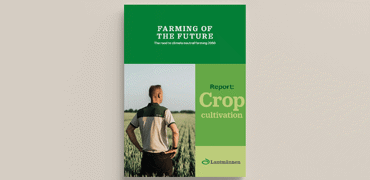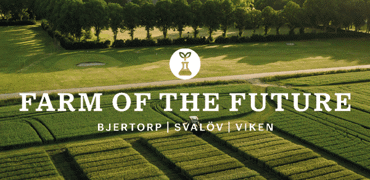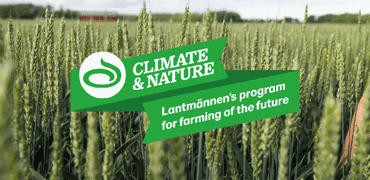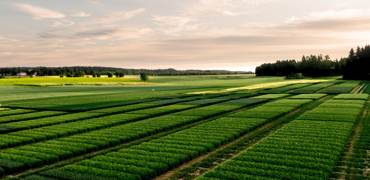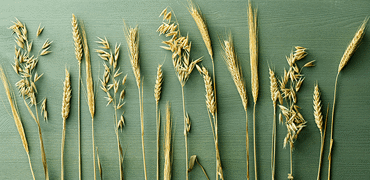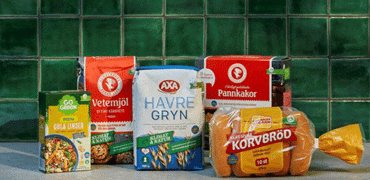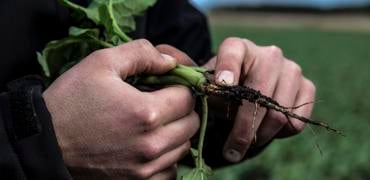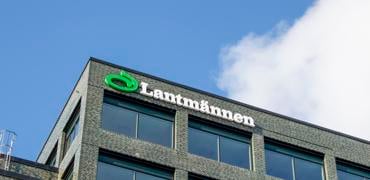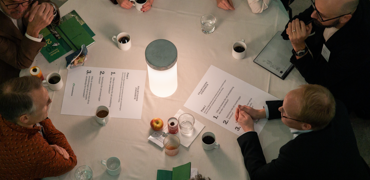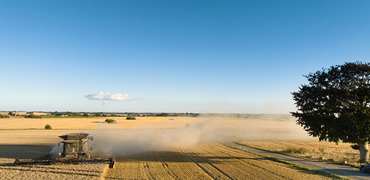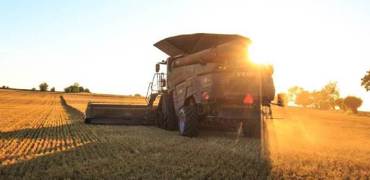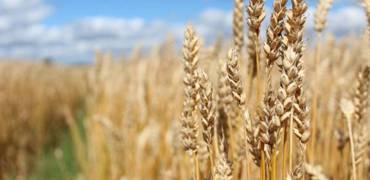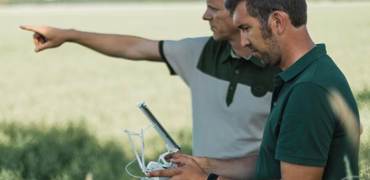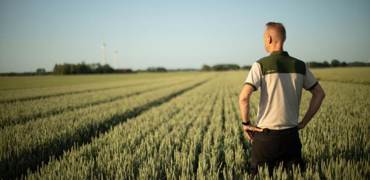The climate impact of farming must be reduced in order to mitigate climate change globally. Lantmännen has recently set a new climate goal: to create favorable conditions for even more sustainable cultivation by halving climate impact every ten years in order to become climate-neutral by 2050. In line with this new climate goal, Lantmännen has released a new report that describes how the transition of crop farming in Sweden can be made possible.
“With our company’s climate goal as a starting point, we have put forward the report Farming of the Future, which is unique of its kind. According to our findings, there is a huge potential for Swedish agriculture to increase production and secure the food supply for a growing population, while at the same time reducing the negative impact on the climate, environment and biodiversity. To achieve this, we have to join forces on a national basis. We have 30 harvests left until 2050,” says Per Arfvidsson, Executive Vice President Operations at Lantmännen.
Eleven areas have been identified as important in order to achieve even more sustainable farming in Sweden by 2050, in terms of productivity, profit and the planet. Examples of areas with big potential going forward include precision farming, digitalization, optimal management, plant breeding and fossil free fuels on the farms.
“Our results show that a transition is possible, but it will require a series of actions and more collaboration. Lantmännen and our members, 25,000 Swedish farmers, continue to drive the development of Swedish agriculture, but we won’t be able to develop all the solutions on our own,” says Claes Johansson, Head of Sustainable Development at Lantmännen.
Swedish agriculture is among the most sustainable in the world. The road to Farming of the Future with sights set on 2050, will however require more. Prerequisites include further initiatives from all parties throughout the entire value chain − all the way to end consumer, that Swedish sustainably produced food must be valued higher, broad implementation of the best possible technologies along with political policies and competitive conditions that put a premium on sustainable farming methods and inputs. Not least, resources for research and innovation must be vastly increased to realize the potential.
The conclusions in the report are based on Swedish conditions, but can be relevant for other similar production areas, for example in our Nordic neighboring countries. The approach, to analyze the overall effect of implementing all relevant measures, is feasible for all production areas also in other countries, even if the conditions look significantly different in different parts of the world.
More about the report
The report has been produced by Lantmännen, with key contributions from its own employees and members, researchers and experts along with an external reference group that has acted in an advisory capacity and contributed with views from a scientific perspective. The external reference group for the report includes Johan Kuylenstierna of Stockholm University, Göran Bergkvist from the Swedish University of Agricultural Sciences (SLU), Anders Holmestig from The Federation of Swedish Farmers (LRF) and Ulf Sonesson at the research institute RISE.
The Lantmännen report “Farming of the Future – the way to climate-neutral farming by 2050” is available in full at: https://lantmannen.com/Farming-of-the-Future
For more information, please contact:
Claes Johansson, Head of Sustainable Development at Lantmännen
Phone: +46 703 28 97 92
E-mail: claes.johansson@lantmannen.com
Lantmännen Press Office
Phone: +46 10 556 88 00
E-mail: press@lantmannen.com






